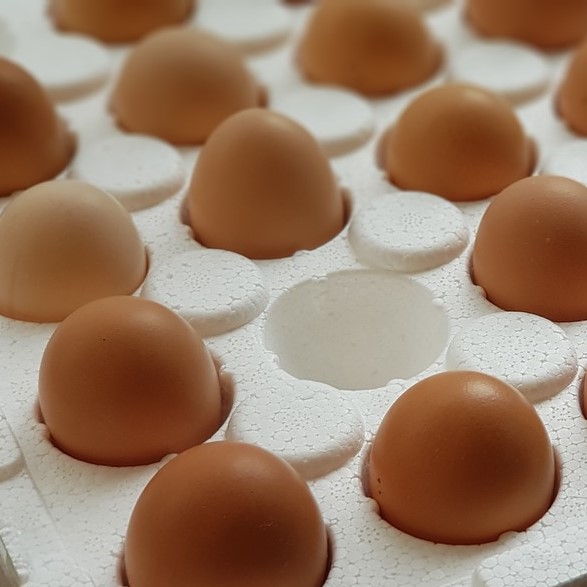Fewer, Less, and Knowing the Difference Posted by Gary Locke on Sep 3, 2021 in English Grammar, English Language
In English, we use quantifiers with our nouns all the time. A quantifier describes the number or amount of something within a phrase. Unfortunately, many English speakers confuse their quantifiers, using one when they should use another. Do you mean fewer of something or less of something? This is because many quantifiers are not specific. Graded quantifiers are used when the noun in the sentence is uncountable.
Countable and Uncountable Nouns
Let’s begin by understanding what we mean by countable. If I said that I want every Sherlock Holmes book ever written, the quantifier in that sentence is every. Now, every is a huge number. There could be tens of thousands of Sherlock Holmes books. But it is nevertheless a specific number. Countable nouns are things that can be counted, like books, even though the number might be vast. Or small. “I want a blueberry.” It may not be very satisfying, but a single thing, a blueberry, is still quite specific and the quantifier in the example sentence is a.
An uncountable noun is something more abstract, like imagination, or faith. It could also be something that lacks substance, like gasses or liquids. Uncountable nouns are considered singular and do not have plural forms. Tea, knowledge, suspicion, water – these are all uncountable nouns. If you tell a waiter that you’ll have coffee, what you really mean is that you will have a cup of coffee or a serving of coffee. The cup and the serving are countable nouns: a cup.
Specific Quantifiers
A specific quantifier, then, tells us exactly how many countable things you are referring to.
- Each pillow
- Every blanket
- No dessert
- An apple
- A tablet
Graded Quantifiers
A graded quantifier gives approximate amounts on a relative (rising or falling) scale. Some can be used with countable nouns, some with uncountable nouns, and two may even be used with both types of nouns.
Many is a quantifier used with countable nouns. “I have many shirts in my closet.”
Much is a quantifier used with uncountable nouns. “She is much prettier than I remembered.”
More is a comparative quantifier, superior to the previous two, that can be used with both countable and uncountable nouns. “I have more books than I will ever read.” “The exhibit was more impressive than I expected.”
Most is a comparative quantifier representing the highest level and can be used with both countable and uncountable nouns. “That’s the most food I’ve ever eaten in one meal.” “This is the most relaxed I’ve felt since the baby was born.”
Few is a quantifier used with countable nouns and indicates a small quantity. “I could only stay in Rome for a few days.”
Fewer is a comparative quantifier, smaller than few, and used only with countable nouns. “My car will take fewer passengers than his SUV.”
Fewest is the smallest level comparative quantifier used with countable nouns. “He had the fewest votes of any other candidate.”
Little is a quantifier that also indicates a small quantity but is used with uncountable nouns. “I had little choice but to leave early.”
Less is a comparative quantifier, smaller than little, and used only with uncountable nouns. “The second half of the play was less interesting than the first.”
Least is the smallest level comparative quantifier used with uncountable nouns. “That was the least amount of time I’ve had to wait to see my doctor.”
Once you know if the noun in your sentence is countable or uncountable, then with a little practice you should know the appropriate quantifier to use with it.

Build vocabulary, practice pronunciation, and more with Transparent Language Online. Available anytime, anywhere, on any device.




